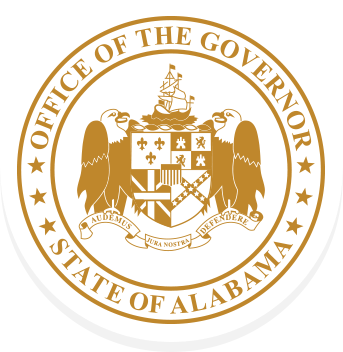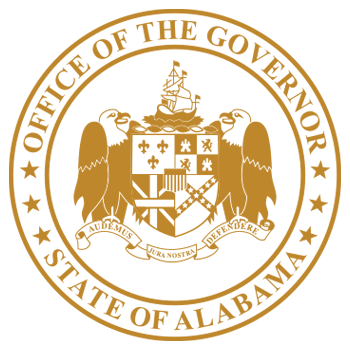Governor Bentley Welcomes Eight Alabamians for Delta Leadership Institute Executive Academy
By: ADECA Staff
MONTGOMERY—Governor Robert Bentley and the Delta Regional Authority on Monday announced eight community and business leaders from Alabama have been chosen to join a class of 53 fellows from each of the eight Delta region states. This year is the 12th class of the Executive Academy, a year-long leadership development program.
The Delta Regional Authority is a federal-state partnership created by Congress in 2000 to help create jobs, build communities, and improve lives through strategic investments in economic development in 252 counties and parishes across eight states. Through the Rural Communities Advancement Program, the DRA has provided leadership development to more than 400 community leaders over ten years and strengthened regional collaboration with its Delta Leadership Institute. The DRA partners with Arkansas State University, the University of Alabama, and the University of Louisiana at Monroe for programming and organizational support of the Institute.
“Alabama has a strong partnership with the Delta Regional Authority, and I am proud of the community leaders from Alabama who have been chose for the new class,” Governor Robert Bentley said. “I know first-hand the importance of DLI to rural communities and the state as a whole. I will serve as the incoming DRA State’s Co Chair, and I look forward to seeing the success of this class.”
“The DRA is committed to increasing the capacity of our region’s talent – and we believe that investing in our people is the best way to do just that,” DRA Federal Co-Chairman Chris Masingill said. “These leaders have already accomplished so much in their own communities. Now the DLI will help them further their work – establishing regional networks and harnessing the energy of these leaders to make our Delta stronger.”
The 2016-2017 DLI Executive Academy fellows from Alabama are:
| Carrie Banks | Communications Director, Alabama League of Municipalities
|
| Marcus Campbell | Chairman, Sumter County Commission |
| Cedric Campbell | Project Manager, Board of Director, Goodwyn, Mills and Cawood, Inc. |
| Winfield Ezell, Jr. | CEO, Obsidian Creative Studios |
| Darrio Melton | State Representative and Mayor-Elect for the City of Selma |
| Maureen Neighbors | Community Services Unit Chief, Alabama Department of Economic and Community Affairs |
| Susan Smith | City Councilwoman, City of Atmore, AL |
| Tiffany Smith | Americorps VISTA/ Community Needs and Partnership Development, United Way of West Alabama |
As part of the Executive Academy program, participants will: attend seven sessions across the Region and in Washington, DC – engaging in advocacy training, case study discussions, and on-the-ground field experiences of priority issue areas for the region, including: workforce training and education; entrepreneurship and disaster resilience for small businesses; public health; policy and governance; transportation and infrastructure; and culture and tourism. The fellows include influential members of local and state government as well as leaders in economic development, education and healthcare, business and industry, and faith-based and non-profit organizations.
The Alabama Department of Economic and Community Affairs oversee the program in Alabama and works with local, state and regional agencies to implement program goals.
“I congratulate the eight Alabamians chosen for the 2016-2017 DLI class,” ADECA Director Jim Byard, Jr. said. “As a graduate of the program, I believe the DLI provides a great opportunity for community leaders to network with community leaders from other states and explore areas for growth and ideas to address challenges many communities in the Delta Region experience. The partnership between ADECA and the DRA is important, and I am proud of the continued success of the DLI program.”
Since 2005, the DLI has worked to improve the decisions made by community leaders across the Delta by broadening their understanding of regional issues, building a corps of alumni that have a regional and national perspective, developing a toolkit of resources for addressing issues facing their local communities, and providing the training and professional development needed to extend the pipeline of skilled local leadership within Delta communities.
Provided by the Office of the Governor of Alabama | governor.alabama.gov

